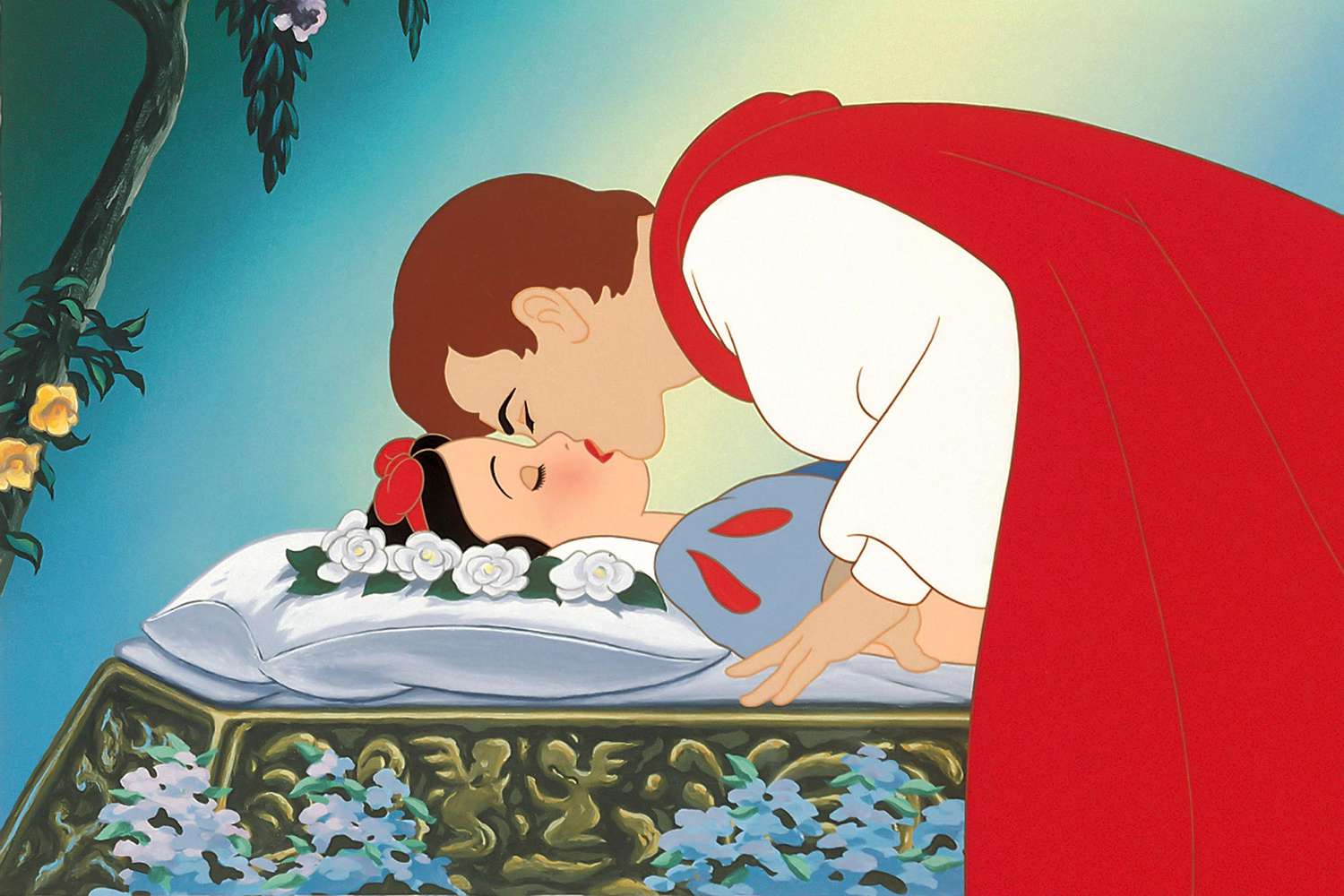Within the last few years, there has been some of our favourite TV shows and films that have come under scrutiny because of certain messages that may be conveyed in them, despite some being released several years before. This raises the question, is this cancel culture within 21st-century entertainment ruining or improving our entertainment that we know and love?
First things first, what exactly is cancel culture, and is it just limited to entertainment? Well, the idea of cancel culture has arisen in the last few years within our culture and relates to the idea of having a person ‘cancelled’.
In a way, this is culturally blocking them from having a platform within our social culture. For instance, this may be a high-profile celebrity who made some inappropriate comments on Twitter before they were famous, and all of a sudden, these comments have become public and next thing they know, they receive a public backlash, and their career is practically down the drain.
It is an act that has become even more popular amongst Gen Z and millennials due to the growth in online consumption and social media. However, it is an act that has spawned over history as a way of ‘public shaming’, going all the way back to the 1600s, a prime example being the Salem Witch Trials.
Relating the topic to the modern-day, it is one that spans politics, social media, and entertainment. However, we are looking specifically at entertainment, and how it applies to TV and film.
In entertainment, there are two ways cancel culture has affected the sector, and these are the messages portrayed in some older TV shows and films.
If we first look down the path of some of the older TV shows or films that have been under scrutiny for messages they convey or taken off streaming services altogether for these messages, these are some of the prime examples.
Little Britain

Little Britain first aired in 2003 and saw comedy duo David Walliams and Matt Lucas portray many characters such as Vicky Pollard in their comedy sketch series. Many of their characters portrayed black, Asian, and gay characters, as well as characters with disabilities. The series has long been criticised for these characters, yet the series remained popular in its prime, and for many years after.
In 2020, the series was taken off all of its streaming services – including Netflix, NOW TV, Britbox, and BBC iPlayer. The main reason for this was the character Desiree, an obese Caribbean woman where David Walliams wore blackface. Others include the mail-order bride Ting Tong and Daffyd, the “only gay in the village.”
Snow White

The Disney Princess classic Snow White and The Seven Dwarfs was released in 1937, telling the story of Snow White as she falls in love with Prince Charming, but is put under the spell of the Evil Queen after eating a poisonous apple. However, to break the spell and wake her, her true love must kiss her, and she will awake. So, the Prince kisses her and the spell in broken.
In recent weeks, criticism has arisen towards Disneyland as they are due to install a new ride at the theme park based on Snow White, however, they are being told not to include the Prince kissing Snow White as it was a non-consensual kiss.
Other examples of TV shows that have suffered from this cancel culture include Fawlty Towers, The Mighty Boosh, The League of Gentlemen etc. Additionally, other films that have come under criticism for cancel culture include The Jungle Book, Breakfast at Tiffany’s, Aladdin etc.
With most of these examples mentioned, the one thing they all have in common is they were all aired at a time where issues such as racial injustice, homophobia, gender inequality, and consent were shied away from or attitudes towards these issues were not displayed. They all premiered at a time where these attitudes were a constant in society, so no one would have batted an eyelid to the ‘jokes’ presented in front of them. This can be pinned down to the generation that both produced and watched these shows and films.
For example, at the time Snow White was released, was at a time when our grandparents or even our great-grandparents were young. A cartoon prince kissing an unconscious princess on the lips was not seen as non-consensual, but as a big romantic gesture that meant the couple would get their happily ever after.
A more recent example is of course above-mentioned Little Britain, a show only produced within the last 20 years. For those reading, when this show was aired, although many of us may have grown up watching this, it was still one that was produced by the generation before us, who were clearly brought up with different attitudes to what perhaps we have not been brought up with. At the time when this show was taken off streaming services, it was the rise of Black Lives Matter, so it was only right Little Britain was taken off in respect to the movement after the tragic death of George Floyd. Although Little Britain suffered at the hands of cancel culture, to comply with modern times, it is a show that may cause a sensitive point for many and does not replicate these modern social attitudes.
How times have changed…
As a gen Z myself, the times we live in now, despite there still being many social attitudes under scrutiny, it is these social attitudes we are fighting for and fighting for our views to be heard. In addition this is portrayed in the TV shows and films we now see today. For example, we are beginning to see more films that tackle systemic racism and provide a talking point for many.
A prime example is Just Mercy, the true story of Harvard law graduate Bryan Stevenson who heads off to Alabama – one of the most racist states in America, and still is – to defend those wrongly condemned on death row. It is films like these that are produced by our generation with a newfound attitude towards social issues, that can therefore produce entertainment that does not suffer at the hands of cancel culture.
Then there is The Morning Show – starring Jennifer Anniston and Reese Witherspoon – giving audiences an inside look into the modern workplace of the broadcasters that help America to wake up. The TV show – released in 2019 – tackles sexual politics, at a time where the #MeToo movement was in its prime. The show illuminates the negative consequences the #MeToo movement had on women who were not involved in the allegations and how men became more nervous due to not knowing how their consensual relationships were conceived.
Once again, this is a show produced by the modern generation, tackling important issues such as sexual politics, and also keeping up to date with modern issues such as the #MeToo movement at the time.
This cancel culture we have in our society has been the centre of much criticism towards some of our favourite shows and films, and despite it showing how much of a generation difference there is, and how much of a change was needed between the generations, I do feel like at times it can be taken that step too far. The shows that display major criticism such as racism, homophobia, gender inequality etc, it is only right that these suffer at the hands of cancel culture. However, at times it feels like there are certain shows or films that are nick picketed at for the smallest detail. If it is only a small detail, then shows or films like this I feel like do not need to be cancelled altogether, but simply the areas of concern are taken out, so they can still be enjoyed by audiences.
Ultimately, cancel culture is improving entertainment in showing how backward-thinking the older generations were. To think displaying racial injustice or homophobia as a ‘joke’ these days is something that comes as a frightful thought to many. As a modern generation, we now have the power – and continue to grow this power – to move on from these generations and display messages of equality in all areas of social issues in our entertainment industry. However, there are times where it is nick picketed at for the smallest reasons, and this imposes a risk of taking the entertainment out of the industry itself and can be a danger for the future of television and film.
By Katie Green
Feature image: WAER

